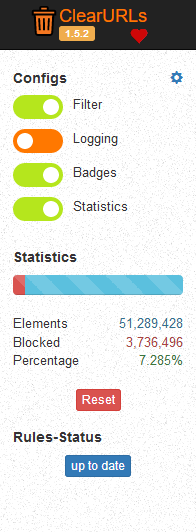

That being said, this software is nowhere close to being a complete package yet. Subjectively, page loading and navigation feels snappier than any other browser I’ve used in recent memory, and the lack of ads makes the browsing experience markedly better. It’s reasonable to speculate that Brave could pull away even more as the developers polish up its codebase. The difference in performance ranges from 5.9-71.1 percent, with an average increase of 27 percent.

Brave performed better in every benchmark run, with an early development build. claims their browser runs faster due to a lack of ads, so I benchmarked it against the latest ‘vanilla’ Firefox using a variety of services:ĥ70% up to 12 BTC + 300 Free Spins for new players & 1 BTC in bonuses every day, only at Wild.io. What about performance, though? Brave Inc. Browsing works well, and the ad-blocker and security features work as advertised. The interface, while somewhat basic at this stage, has a minimalist charm to it. Brave is still very early in development, and not ready for day-to-day use, but I compiled a development build to look at what’s in store. Furthermore, the browser is built around preventing personal info from leaving it without express permission from the user. It’s got features that address the fundamental privacy and security concerns of most users that just aren’t there in other browsers, and comes about as secure as you can make Firefox or Chrome by default. That’s why Brave may be something to get excited about. At best they offer band-aid solutions with a lot of effort on the user’s end to get them working.

With Chrome’s info collection policies and Mozilla’s deals with ad companies, the major players in the software space leave something to be desired. To say the least, privacy and security are concerns when it comes to choosing your web browser. Hands on With the Brave Browser: A Daily Driver for Bitcoiners? Brave’s UI is basic but functional


 0 kommentar(er)
0 kommentar(er)
